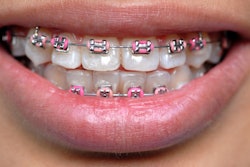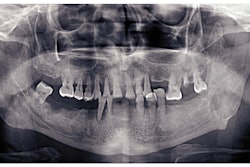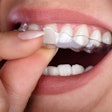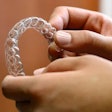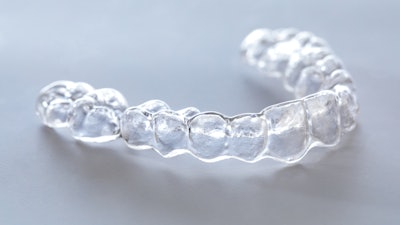
The faculty of dental medicine and oral health sciences at McGill University will lead a research initiative investigating the efficacy of clear orthodontic aligners in assisting individuals with osteogenesis imperfecta (OI).
OI, also known as brittle bone disease, not only weakens bones, but it also impacts teeth and jaws in some cases. Abnormal growth can significantly impair chewing and mouth appearance, according to McGill University news.
The study will examine the effectiveness of orthodontic treatment using the Invisalign system in participants ages 12 to 40 years old with OI. Virtual orthodontic movements will be planned and translated into a series of clear plastic aligners, gradually shifting the teeth.
Furthermore, digital technology will enable researchers to compare planned movements with actual progress for each participant. Invisalign was selected to avoid bonding braces to potentially fragile teeth, ensuring gentler treatment, according to the university.
Dr. Julia Cohen-Levy, MSc, PhD, an assistant professor of orthodontics at the university, will lead the study. It will be conducted at three sites: the National Institute of Dental and Craniofacial Research; the University of California, Los Angeles; and McGill University. The initiative is being funded by the U.S. National Institutes of Health and the Osteogenesis Imperfecta Foundation.






